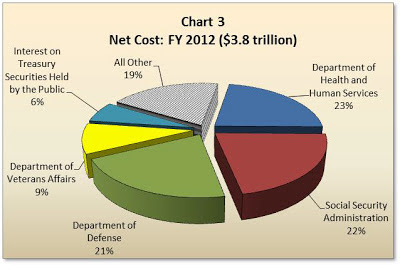Internet
giant Yahoo! announced on Sunday that it would buy blogging service Tumblr for $1.1B in cash. Just
last year, Facebook purchased Instagram for $1B.
These expensive Internet company acquisitions have made headlines, largely because among traditional Wall Street investors, there remains a nagging, unanswered question:
How on earth will any of these new Internet companies actually make any money?
Yahoo's Marissa Mayer promised investors that she
would not "screw up" the deal. But is the billion dollar-plus Tumblr deal already doomed from the
start?
It is
clear that popular free Internet services like Google, Yahoo, Bing, Facebook,
Instagram and Tumblr are first intent on building strong brand loyalty among
their respective users. Once that brand awareness and loyalty exists, the somewhat more challenging task is left to others to figure out how to monetize this intangible asset
into a profitable venture. "Turning eyeballs into dollars," some
consultants call it.
And it is no easy task: Ask Mark Zuckerberg. Facebook's Initial Public Offering raised $16B,
but most of Facebook's revenue still comes from advertising, not membership/usage fees.
Sarah
Smith, who was Facebook's Online Sales Operations Manager, reported that
successful advertising
campaigns on the site can have clickthrough rates as low as
0.05% to 0.04%. That means that Facebook
generally has a lower clickthrough rate for its advertisements than most major websites.
In fact, according
to BusinessWeek.com, banner advertisements on Facebook have generally receive one-fifth the number of clicks compared to those on the Web as a
whole, although specific comparisons can reveal a much larger disparity.
Therefore, even Facebook, with massive brand awareness and loyalty, has struggled with monetizing these assets. Best of luck to Yahoo, Tumblr and Marissa Mayer.







